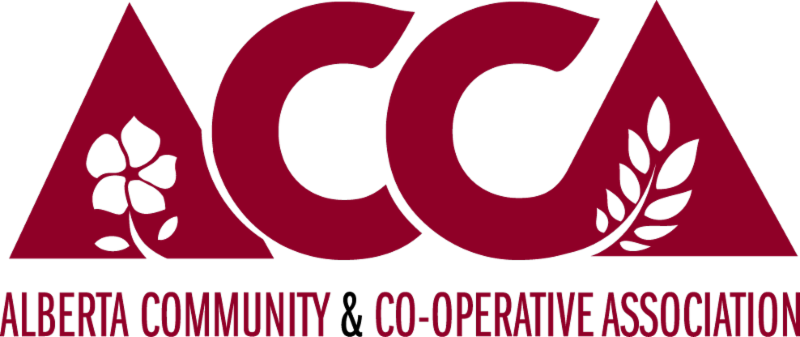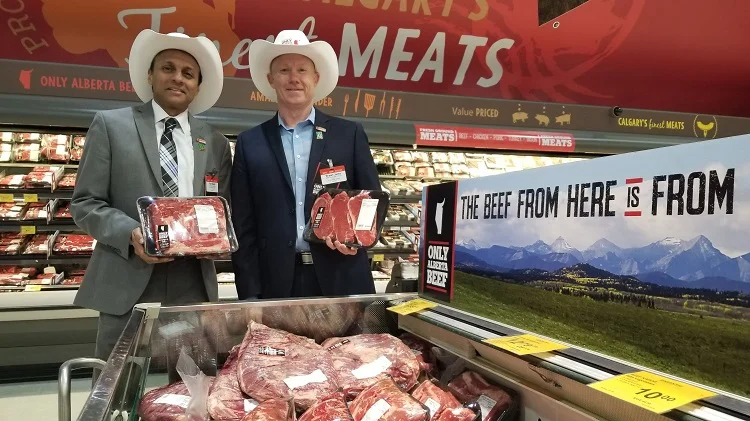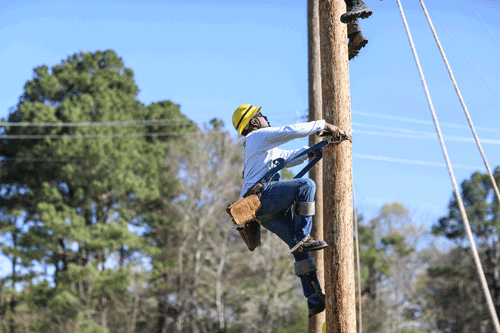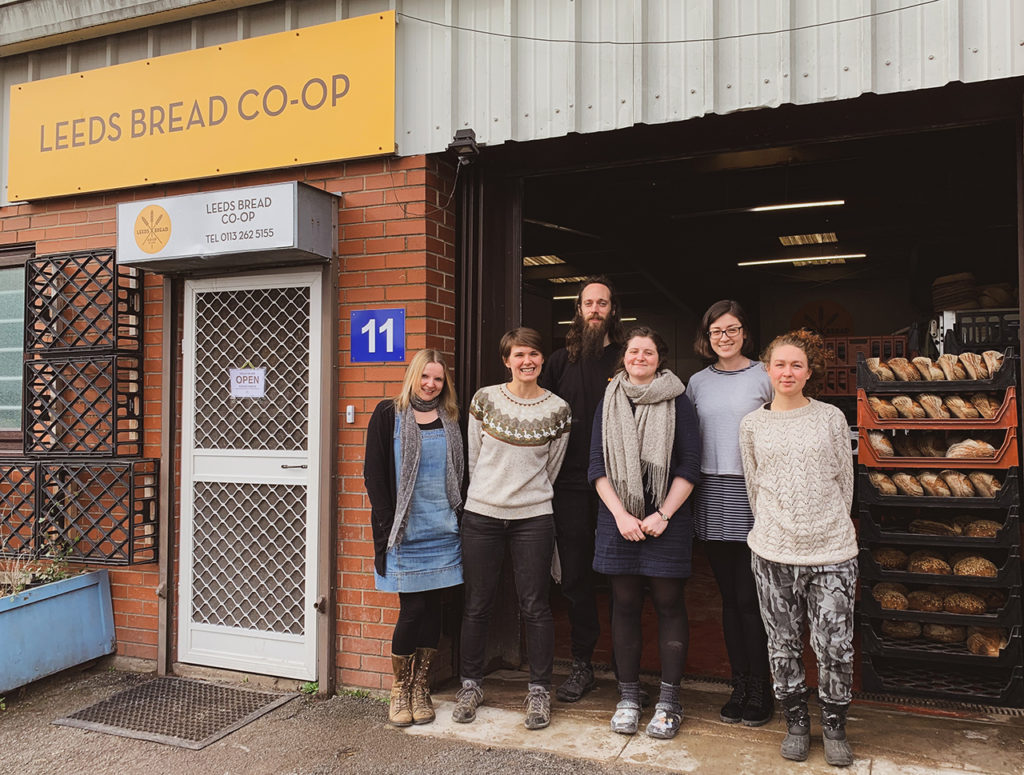Types of Co-operatives
Consumer Co-ops
Consumer co-ops are organized by members that want to achieve better prices or quality in the goods or services they purchase. They are the most common form of co-operative, found in industries such as retail, housing, banking and grocery stores. Canada’s Federated Co-operatives Ltd (FCL) is the 60th largest co-op in the world, and like other consumer co-ops, they share their profits with members through an annual patronage payment, based upon usage.
In Alberta: Calgary Co-op | UFA Co-operative Ltd.
Utility Co-ops
A utility cooperative is tasked with the delivery of a public utility such as electricity, water, or telecommunications to its members. In Alberta, these co-ops fall under the mandate of the Rural Utilities Act, providing and distributing vital services to rural areas. Across the province there is a network of 37 Rural Electrification Associations (REA’s) that power 41,000 homes, 170 water co-ops with 6,700 connections, and 82 gas co-ops that serve 160,000 people annually.
In Alberta: EQUS | AFREA | AFRWC | FedGas Co-op
Financial Co-ops (Credit Unions)
Credit unions are fully regulated full-service financial co-operatives. Like other financial institutions, they provide chequing accounts, mortgages, business loans, and investment advice. Unlike other financial institutions, members share in the profits. Formed originally as a response to the financial perils of the Great Depression in the 1930s, Alberta’s credit unions now serve over 600,000 people and are known for their innovation and introduction of many banking ‘firsts’ like the ATM and the debit machine.
In Alberta: Servus Credit Union | ConnectFirst Credit Union | Bow Valley Credit Union
Worker Co-ops
Existing in all industries, Worker co-operatives are owned and governed by employees, who also earn money from the profits of their labour. Whether structured large or small, employees have a say in deciding the business direction. In today’s unequal economy worker co-operatives are growing in popularity, as retiring business owners sell to their employees and policymakers look to new models to save community jobs.
In Alberta: Multicultural Health Brokers
Producer Co-ops
Investment Co-ops
Opportunity Development Co-operatives are all about investing in local economic growth and local businesses. As a for-profit, they approach (or are approached by) local entrepreneurs with a business opportunity in need of investment. If viable, ODC’s sell shares (often RRSP/TFSA eligible) to local members of the community who typically see a return on their investment.
Latest Updates:






